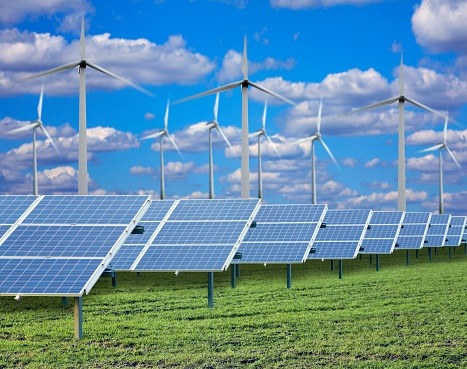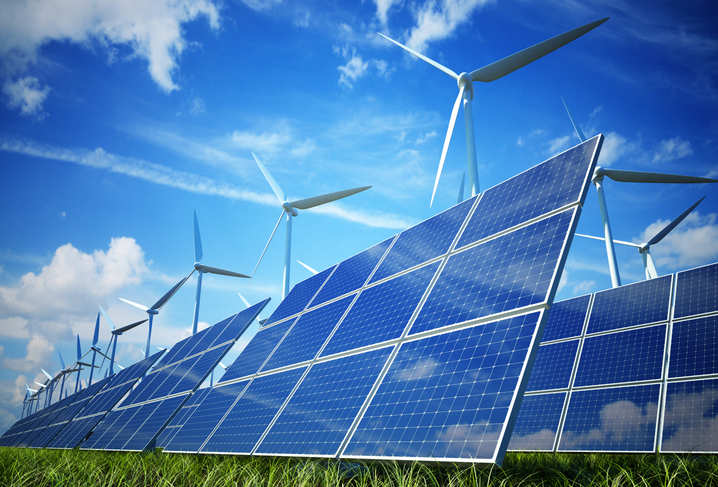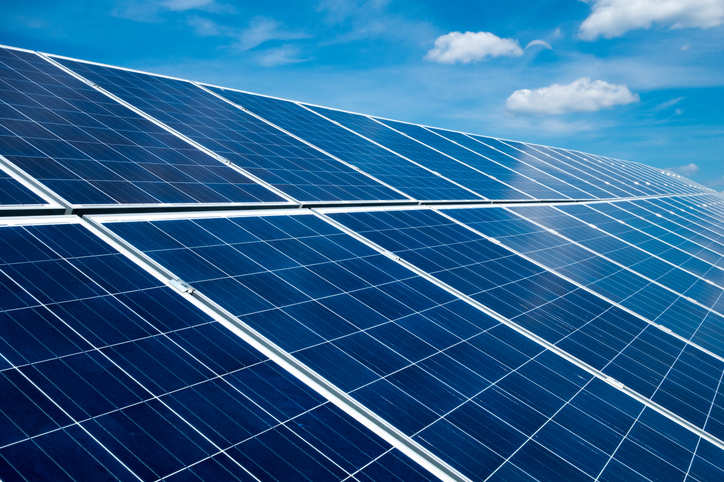
February 16
Renewable power: Tamil Nadu is 9th globally in renewable energy output
Chennai: A new study by US based Institute for Energy Economics and Financial Analysis (IEEFA) places Tamil Nadu in the ninth spot globally among areas that generate wind and solar power The report, “power-industry transition, here and now”, includes case studies of markets – ranked by relative share of reliance on variable renewables – that include Denmark, South Australia, Uruguay, Germany, Ireland, Spain, Texas, California, and Tamil Nadu.
While Denmark had a share of 52.8% of the total wind and solar generation in 2017, Tamil Nadu’s share was 14.3% and stood at ninth place. “We show how nine leading countries and regions have adapted to high market shares of wind and solar power using existing integration technologies and policy measures to improve their diversity of domestic generation without compromising reliability or undercutting supply,” said the study.
Tamil Nadu leads India in variable renewables’ market share. Tamil Nadu also leads India in installed renewable energy capacity. Of the total 30GW of installed capacity across the state as of March 2017, variable wind and solar power accounted for 9.6GW or 32% of the total. Firm hydroelectricity added another 2.2GW or 7%, nuclear 8% and biomass and run-of-river 3%.
“Assuch, zero emissions capacity represents a leading 50% of Tamil Nadu’s total. With much of Tamil Nadu’s renewable energy coming from end-of-life wind farms installed 15-25 years ago, average utilisation rates are a low 18%, making the contribution of variable renewables to total generation even more impressive,” said the study. “A more diversified electricity generation mix will serve TamilNadu better. New low cost solar capital additions and a major repowering of TN’s wind projects, a concerted improvement in energy efficiency plus reduced transmission and distribution losses, should deliver more than 80% of all electricity demand growth in the coming decade,” IEEFA’s Energy Finance Studies Australasia director Tim Buckley said. By adopting more green power, the discom will be able to operate profitably and at a lower tariff for consumers, said Buckley. TN, which has a total wind capacity of 8,000MW and solar to the extent of 2,500MW, is hoping to increase the capacity as well as evacuating more renewable power.






